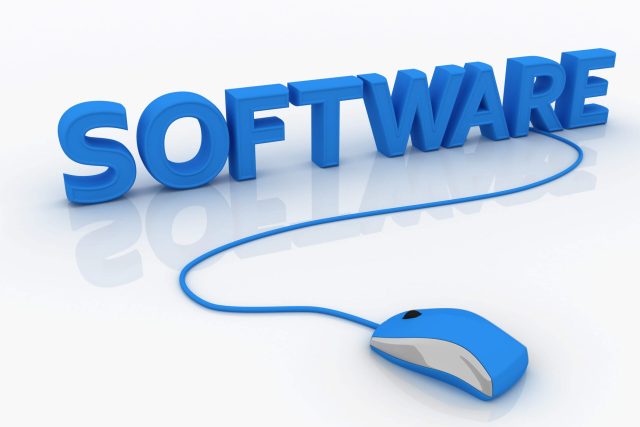[ad_1]
Healthcare professionals encounter obstacles in maintaining connections with patients as they strive to safeguard information and deliver top-notch care services securely and efficiently—a critical task indeed! Opting for CRM software that complies with HIPAA regulations proves to be a strategic choice, as it ensures data security and significantly enhances patient engagement and communication levels. This underscores the importance of understanding its value proposition in terms of functionalities and advantages for all healthcare practitioners.
Understanding HIPAA Compliance
HIPAA sets guidelines for safeguarding patient data to ensure confidentiality and trust within healthcare organizations. It is crucial for these organizations to comply with these regulations to prevent breaches and build trust. Choosing HIPAA-compliant CRM software plays a key role in maintaining patient data security and streamlining patient relationship management.
Essential Features of HIPAA-Compliant CRM Software
HIPAA-compliant CRM systems possess characteristics that set them apart from standard CRM solutions. Firstly, data encryption during storage and transmission ensures that confidential information remains inaccessible to unauthorized individuals. Furthermore, access controls restrict viewing and modification of records to authorized personnel only. Audit trails keep a record of all interactions for accountability and transparency purposes. Lastly, data backup procedures and disaster recovery plans are in place to protect against information loss or damage.
Benefits for Healthcare Providers
Using CRM software that complies with regulations provides numerous benefits for healthcare providers. Improved patient interaction is achievable through customized communication and services tailored to individual needs. By understanding patient preferences and medical backgrounds, healthcare providers can offer more effective care. Efficient processes reduce administrative tasks, enabling professionals to concentrate on patient well-being. Moreover, strong data security protocols reduce the chances of data leaks, thereby safeguarding both patients and healthcare institutions.
Choosing the Right CRM Solution
Selecting a CRM system that adheres to regulations requires thoughtful deliberation on the part of healthcare providers. They need to evaluate their requirements and choose features that align with their objectives. Examining the vendor’s experience in healthcare technology and their commitment to security is crucial. Requesting demos and hearing from current users can provide valuable insights into the system’s effectiveness. Choosing a solution that can scale as the organization’s needs evolve is also essential.
Implementation and Training
Successful integration of HIPAA-compliant CRM software hinges on careful preparation and flawless execution of a comprehensive implementation strategy. This strategy should cover aspects such as data transfer between systems, tailoring the software to meet specific needs, and seamlessly integrating it with existing technologies. Providing employees with training on how to navigate and utilize the system effectively is pivotal in maximizing its functionality and benefits. Moreover, ongoing assistance and timely updates from the software provider are essential for ensuring that the software remains efficient and aligned with evolving requirements.
Overcoming Common Challenges
Using HIPAA-compliant CRM software may pose challenges for organizations, particularly as staff members require time to adapt to new workflows. One key aspect is ensuring that everyone is informed about the system’s advantages to alleviate concerns and encourage acceptance among team members. It’s crucial to manage data migration by conducting thorough testing and validation processes to avoid mishaps. Keeping up with HIPAA regulations necessitates ongoing monitoring and updates as needed.
Future Trends in Healthcare CRM
The outlook for healthcare customer relationship management appears optimistic as technology progresses, opening up opportunities for improvement in patient care services. Artificial intelligence and machine learning are poised to enhance engagement by delivering predictive insights and tailored healthcare suggestions. The incorporation of these solutions will enable virtual appointments, expanding access to medical assistance. As technology continues to advance in healthcare management systems, an emphasis will be placed on safeguarding patient data and its privacy to uphold trust and ensure adherence to regulatory requirements.
Conclusion
Healthcare professionals must recognize the importance of using CRM software that complies with regulations to safeguard information and enhance communication efficiency effectively and securely. This is crucial for improved patient care delivery and operational efficiency in a changing healthcare environment while adapting to emerging trends for sustained success.
[ad_2]
Source link











